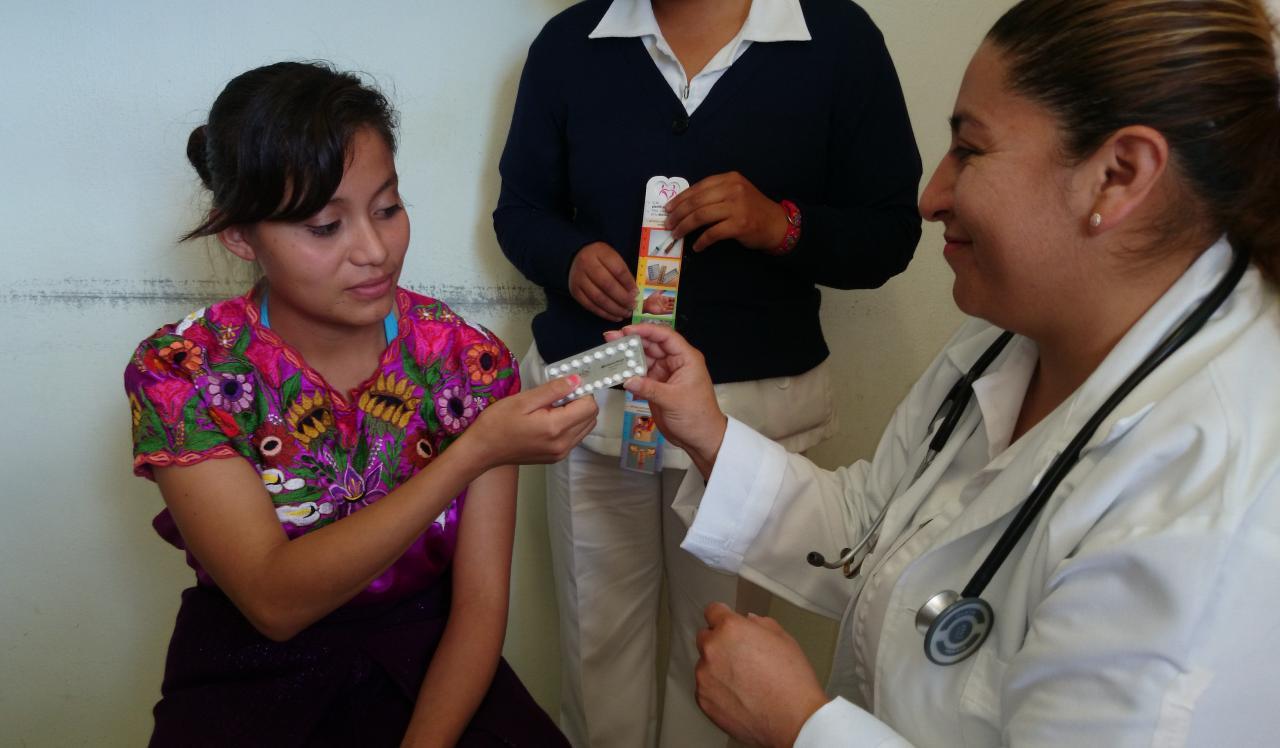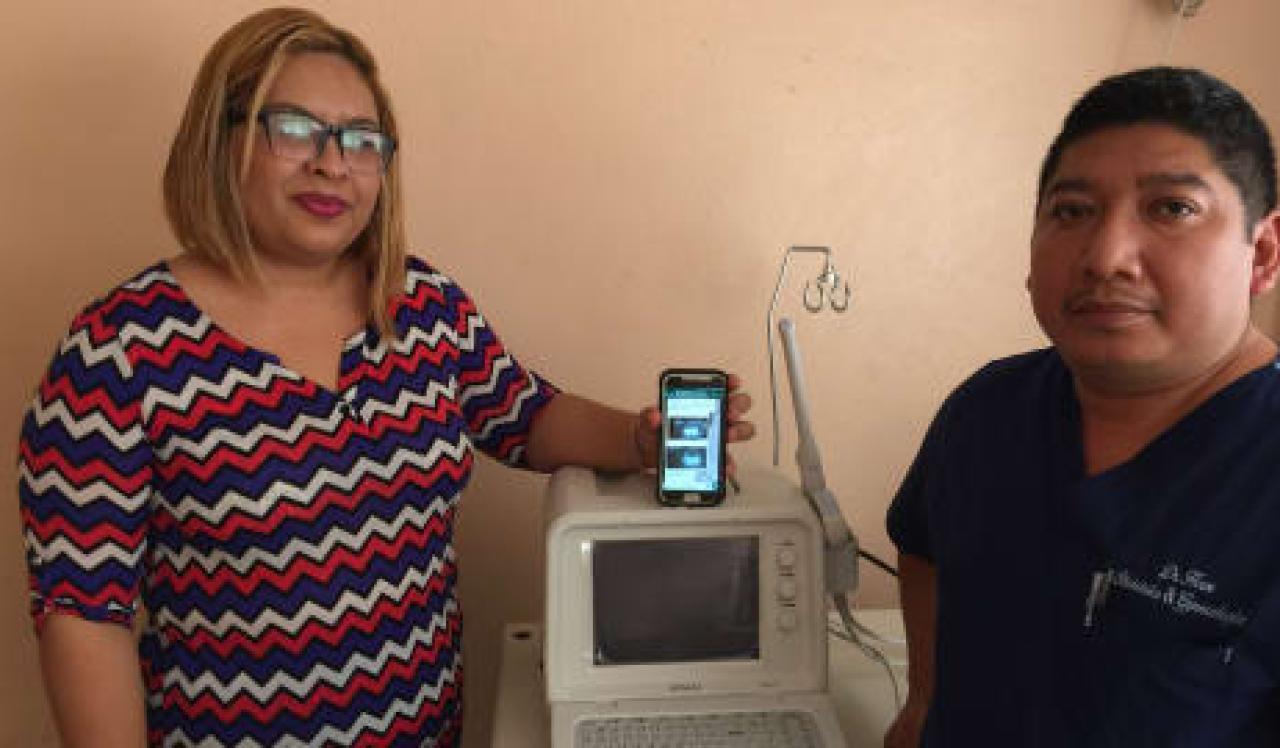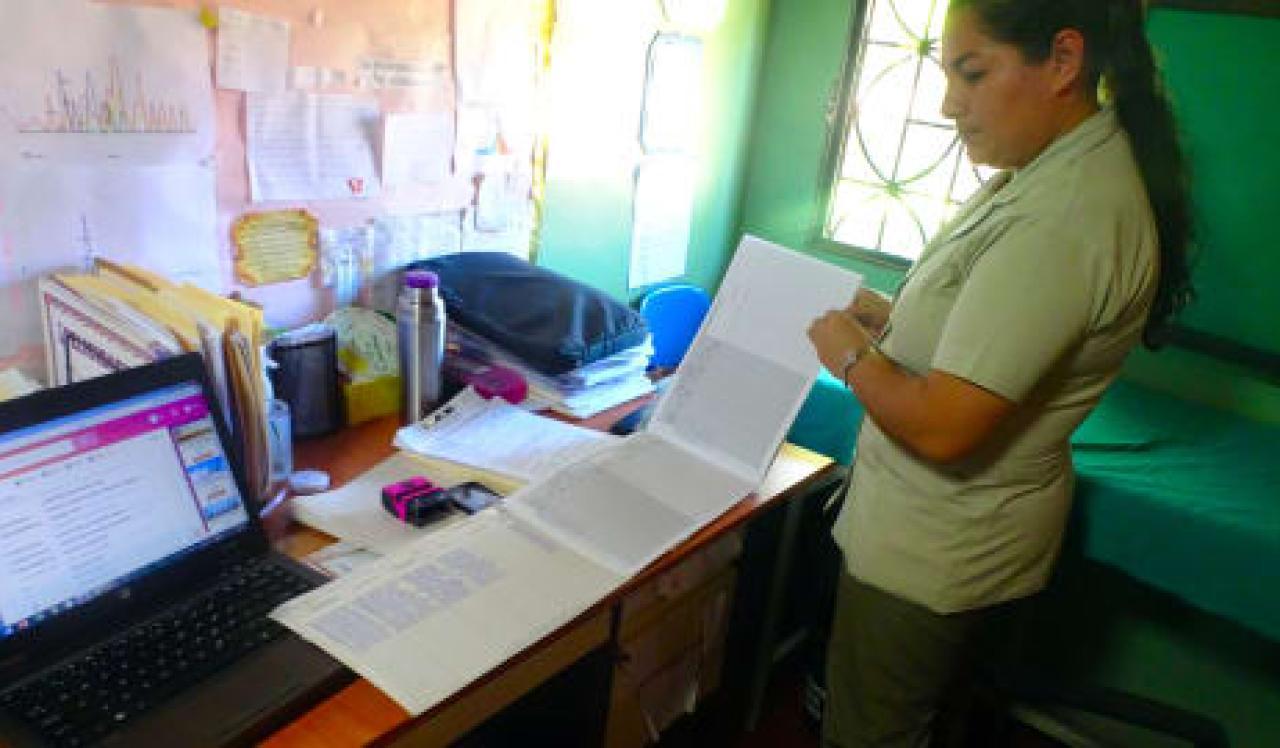Experience
There are three accelerators within the RMEI model that move the region towards malaria elimination:
- Incentives, including monetary and reputational incentives, that are used at the regional and national level to drive change. National incentives encourage the systems change (norms, budgets, local actions) necessary to accelerate (and later sustain) change.
- Externally verified targets, which make stakeholders accountable. Given that external verification of results and public information is required, the strong emphasis on monitoring and evaluation motivates transparency.
- Technical assistance and funding for innovations provide support to national and local teams during planning, implementation, and monitoring activities. Technical assistance is provided to design and support the implementation of interventions and facilitate capacity building for the Ministries of Health (MoH) of the participating countries at different levels: i) at central level, to strengthen norms and national policies generation, procurement, planning, monitoring and surveillance; ii) at the regional level, to build capacities and supervise (and lift barriers for) service provision; and iii) at the level of the health facilities, laboratory networks, and communities.
Behavior Change Communication

Digital Health

DTI-R Strategy

Innovation
